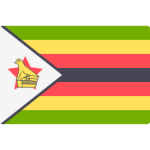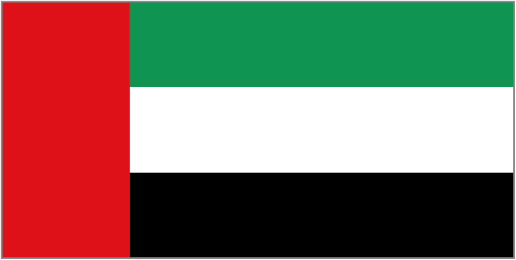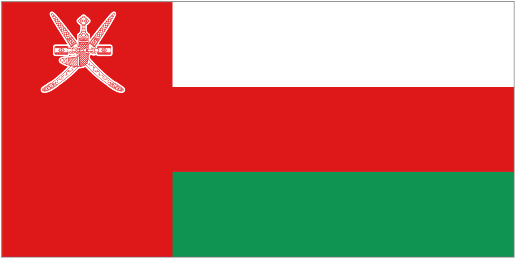The Qatar Football Association (QFA) is the governing body of footballing activities in Qatar. Founded in 1960, its main aim is to oversee all the leagues and clubs in the country, as well as focusing on player development from grassroots to professional levels. The QFA organizes all the major leagues and cup competitions in the country. Headed by Jassim Rashid Al Buenain, the QFA manages all the activities of the men's and women's national teams. The Qatar Football Association (QFA) became a member of FIFA in 1963 and a member of the Asian Football Confederation (AFC) in 1967. They organized the first-ever Qatar League in 1972. The Association regularly collaborates with various footballing initiatives to promote the sport in the country, such as the Aspire Zone, a sporting complex established to provide top-tier footballing services.
Football came into the country during the time period when oil reserves were discovered in the country. The first tournament in the country was the "Hazel Dayne Cup", where clubs like Al-Najah, Al-Shorta, Al-Tahrir, and Al-Maaref participated. The Qatar national football team played its first official match on 27 March 1970 against Bahrain, in the newly formed Arabian Gulf Cup. However, the team didn't fare well in the tournament, finishing last in their group. The team qualified for their first-ever AFC Asian Cup in 1980 under the Qatar national football team manager Evaristo de Macedo. However, the team didn't qualify for the knockout stages, with the team getting eliminated in the group stage.
The Qatar football team won their first-ever major trophy in 1992, winning the Gulf Cup at home, under the leadership of Qatar national football team coach Sebastião Lapola. Till 2010, the team was going through a rough patch, with their only major success being the 2004 Arabian Gulf Cup victory. In 2010, Qatar was announced as the host of the 2022 FIFA World Cup. Since then, the nation has been going through their golden era, with the team winning the 2013 WAFF Championship, the 2014 Arabian Gulf Cup, and the 2019 AFC Asian Cup, defeating Japan 3-1, their first ever major tournament title. However, the Qatar national football team had a disappointing World Cup campaign, where they lost all three matches in the group stage, the worst performance by a host nation. The team, however, overcame this disappointment by winning the 2023 AFC Asian Cup, defeating Jordan 3-1, becoming the second-ever team to defend the title. Recently, the team qualified for the 2026 FIFA World Cup by defeating the UAE 2-1.
The Qatar national football team plays its home matches across two stadiums - Jassim Bin Hamad Stadium and Khalifa International Stadium. However, the main Qatar national football team stadium is Jassim Bin Hamad Stadium, where the team plays the majority of its matches. Located in Al Rayyan, it serves as the home ground of both the men's and women's national teams. The stadium, which was opened in 1975, is named after the then-Qatari Minister of Youth and Sports Jassim bin Hamad bin Abdullah Al Thani.
The stadium has a capacity of 15,000. The stadium also serves as the home ground of the Qatar Stars League club Al Sadd SC. The stadium has hosted numerous tournaments like the 2004 Gulf Cup, 2006 Asian Games, and the 2019 FIFA Club World Cup. Notably, the stadium has also hosted the 2014 and 2016 editions of the Supercoppa Italiana, or the Italian Super Cup.
The Qatar national football team holds historical significance based on the trophies won. The Qatar football team is one of the most successful teams on the continent, with the team winning two AFC Asian Cups (2019 and 2023), making them the third most successful team in the tournament. Their most notable results include the 3-1 victory against Japan in 2019, a match where Qatar were considered to be the underdogs. The team also secured a 3-1 victory against Jordan in 2023, where Akram Afif scored a hat-trick. The team also managed to win the 2006 Asian Games, with the Qatar football team defeating Saudi Arabia 2-1.
Domestically, they managed to win the Arabian Gulf Cup three times (1992, 2004, and 2014), making them the third most successful team in the tournament's history. The team also managed to win the 2013 WAFF Championship, defeating Jordan 2-0, cementing their status as an Asian footballing powerhouse.



















%20(12)-1765116899080.webp)



